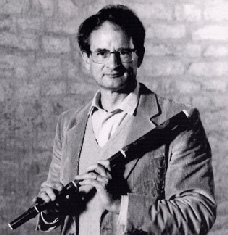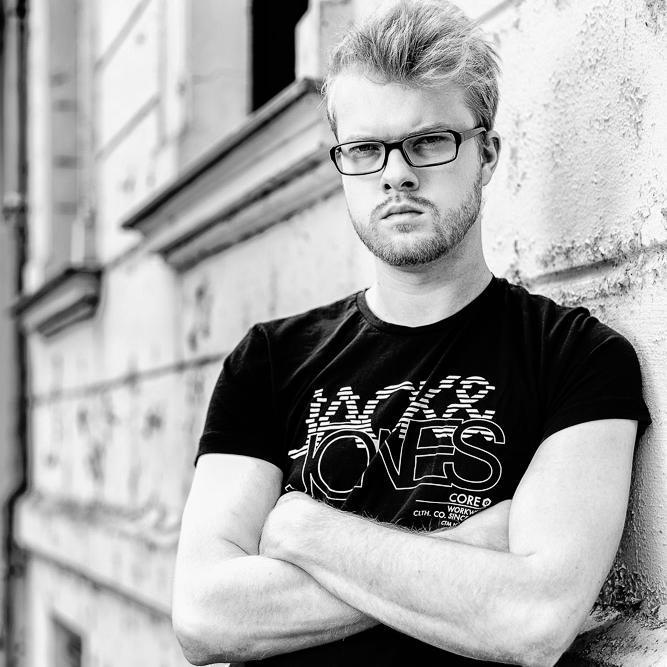
HANS LINDE FULL
Justice Linde was appointed to the Oregon Supreme Court in 1977 and ran unopposed for a full six-year term in 1978.

HANS LINDE SERIES
“His brilliant work both as a law professor, and for a little over a dozen years as a justice on Oregon’s highest court, addressed not just important issues of state law but also unsettled questions of federal constitutional law in a series of opinions, articles and books that were justly influential throughout the nation and ultimately the world.”

“Hans Linde was one of the giants of the American judiciary,” the Harvard law professor Laurence H.
HANS LINDE FREE
Indeed, Justice Linde’s scholarly and judicial work was wide-ranging and penetrating, touching on free expression, the death penalty, contracts, torts and criminal law. But there was much more, Judge Wall wrote, all of it a product of “patient genius.” Court of Appeals for the District of Columbia Circuit, wrote in a 1996 review of a collection of his essays and opinions. “Justice Linde’s oversight of the resuscitation of state constitutional law, even were it his only contribution to the legal field, would undoubtedly be enough of a mark for any talented judge to leave on the law,” Judge Patricia M. Court of Appeals for the Sixth Circuit, in Cincinnati, explored it in a recent book, “51 Imperfect Solutions: States and the Making of American Constitutional Law” (2018). Sutton, a generally conservative member of the U.S. Brennan Jr., a longtime leader of the court’s liberal wing, was a notable champion of the movement, setting out his arguments in a 1977 article in Harvard Law Review entitled “ State Constitutions and the Protection of Individual Rights.”īut Justice Linde’s basic point is neither liberal nor conservative, and Judge Jeffrey S. The cause was mostly led by liberals dismayed by the Supreme Court’s rightward shift after Earl Warren was replaced as chief justice by Warren E. That approach became known as the “new judicial federalism,” and Justice Linde is widely recognized as its most important theorist. Many of the gay rights movement’s early judicial victories, for instance, were won in state courts. “Much of the stuff that goes to the Supreme Court would never have to go there,” Justice Linde said in an interview with The New York Times in 1990, the year he retired from the bench, “if lawyers abandoned this notion that the federal courts are the big leagues and the state courts are the farm teams.” Those provisions often offered protections beyond those guaranteed by the federal Bill of Rights, he wrote, and decisions made on purely state-law grounds are generally not subject to review by the U.S. Nixon’s appointment of four justices, Justice Linde published articles urging lawyers to bring civil rights cases in state courts and to make arguments grounded in the provisions of state constitutions. Supreme Court grew more conservative following President Richard M. Katzmann of the United States Court of Appeals for the Second Circuit, in New York, said in an email.

“Hans Linde was an iconoclastic, original thinker, whose innovative ideas that state constitutions might afford greater protections than the federal Constitution, and that courts need to have an understanding of the legislative and administrative processes, are now conventional wisdom,” Judge Robert A.

His death was confirmed by his son, David, the chief executive of the film and television production company Participant. Linde, a prolific legal scholar who served on the Oregon Supreme Court and made groundbreaking arguments about the role that state constitutions can play in guarding civil liberties, died on Monday in Portland.


 0 kommentar(er)
0 kommentar(er)
